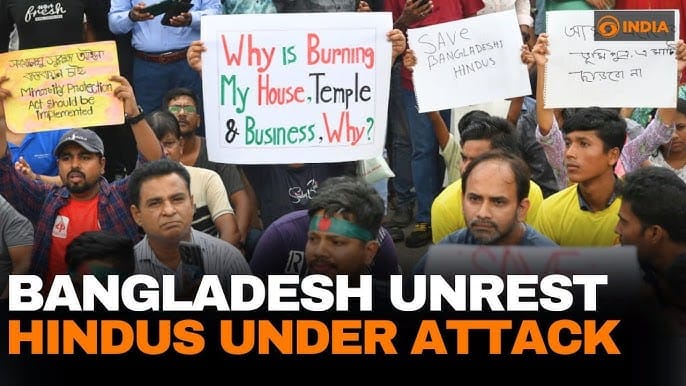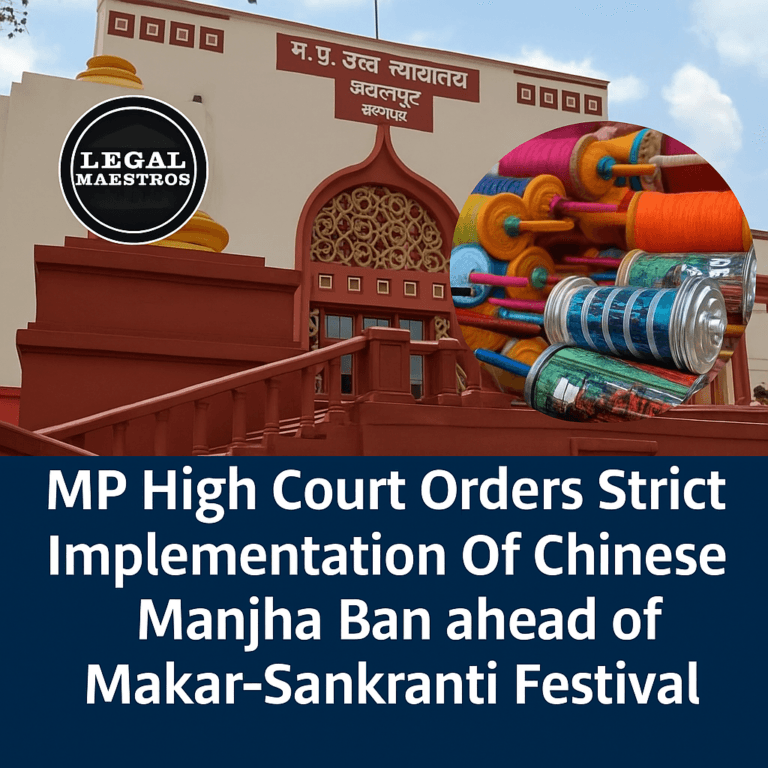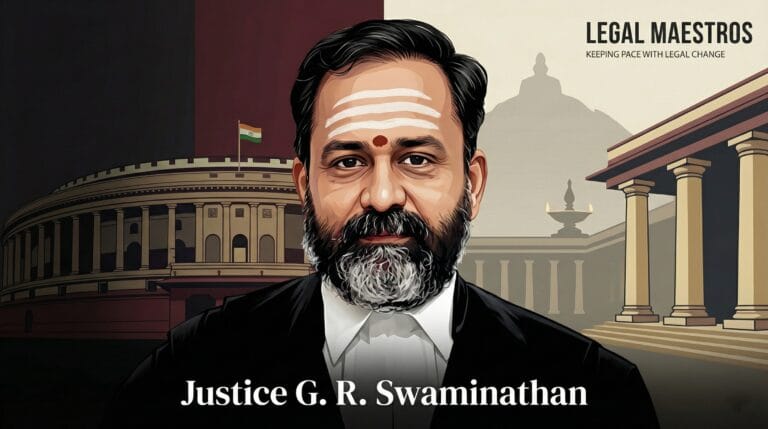
Bombay High Court Quashes ₹236 Crore Water Demand Notices Against United Spirits By Justices Manish Pitale
The Genesis of the Dispute
The dispute arose when the Maharashtra Industrial Development Corporation which is the major agency in development of planned industrial infrastructure in the state issued a compartment of demand notices to United Spirits. MIDC, as part of its duties, provides the basic amenities such as water to the many companies in its industrial zones. These advertisements purported that the company was in huge debts amounting to over 236 crore as water consumption arrears at its plants.
This was not a demand based on current usage but was founded on the redone calculation of water tariffs which MIDC wanted to retroactively impose. The company had also issued a circular which changed the rate structure applicable to water supplied to industries, especially to the industries that produced alcoholic beverages. By this new policy, MIDC re-assessed the bills in the past and gave the company a huge demand which would have created a huge financial burden and a burden to the company in terms of operation.
This action by MIDC was founded on its construal of their power to fix and change tariffs on the resources it supplies. According to the corporation, it had a right to adjust the rates and transfer them to the earlier periods of consumption so that the charges would reflect the actual cost of providing the water and would correspond to its policy goals. But this backward imposition of a new tariff was the subject of controversy in the law-suit which ensued.
For any queries or to publish an article or post or advertisement on our platform, do call at +91 6377460764 or email us at contact@legalmaestros.com.
In the case of United Spirits, the demand was unprecedented and huge thus being an unanticipated and unplanned cost. The company claimed that such a retrospective claim was arbitrary and unfair since it had completely changed the terms it had been operating and paying to supply its water over the years. This made the company approach the law and challenge the reasons behind the demand notices of MIDC in a Bombay High Court.
United Spirits’ Legal Position
United Spirits Limited in a petition submitted to the Bombay High Court presented a robust case against the legality of what MIDC was doing. The main claim of the company was that the demand notices were arbitrary and they contravened the concepts of natural justice. They argued that a government agency could not arbitrarily adjust the rates on a service on a retrospective basis and then require a lump sum payment. Such an act, according to them, has generated an uncertain and a volatile business environment.
Lawyers at the company reasoned that the circular on which the MIDC based the revised charges was defective. They challenged the power of MIDC to introduce a new rate structure that was retrospective in nature without a defined and explicit legal clause that gave it the power to act. United Spirits insisted that it had always made its water bills on time as per the rates that were applicable and agreed at such times. This new demand was thus considered to be an unjust and illegitimate effort to change an established status.
The other important element of the company challenge was the absence of due process. United Spirits mentioned that it had not been consulted or given notice as to the fact of such drastic shift in tariff policy being applied to past consumption. Businesses are run on the premise of costs that have been incurred and that such a back dated charge against the business on the scale as applied would upset the financial planning and penalize a business unfairly on the basis that it was running in good faith under the rules that existed at the time.
The essence of their legal position was that although MIDC could perhaps be entitled to fix future water tariffs, it could not do so in the past. The petition asked the court to intervene and abort the demand notices completely, arguing that they were unlawful demand notices. The company requested the court to issue a declaration that the retrospective claim was unlawful and bar MIDC against exercising coercive measures to reclaim the amount in dispute.
The High Court’s Decisive Ruling
Having thoroughly scrutinised submissions of both United Spirits and MIDC, the Bombay High Court bench consisting of Justices Manish Pitale and Neela Gokhale gave a verdict unequivocally in favour of the company. The court did concur with the core of the case that a new tariff regime could not be applied retrospectively. The court has underlined that it is very important to be fair and predictable when it comes to the interaction between a state and a corporate enterprise.
The judges concluded that the circular made by MIDC on which the demand was based could not be relied upon to unwind past and settled transactions. The court noted that although a statutory body such as MIDC is given the authority to frame policies and rate the services that it offers, such power should be applied in the future, that is it should be applied in the future, rather than the past. To charge past years on a new policy was considered to be outside the powers of MIDC.
The justices in their arguments emphasized that such permissibility would bring about a sense of uncertainty, which is not good in industrial development. The cost structures are the ones on which companies make investment and operation decisions. When these costs are arbitrarily adjustable in the past, then businesses can not operate effectively. This judgment made the legal point that delegated legislation, including a circular, may have no general retrospective force, unless the parent law expressly confers such a power.
The High Court therefore struck down the demand notices totalling 236 crore as illegal and not enforceable. This relieved the United Spirits of the huge financial burden that had been placed on it. The case result was an unambiguous statement that administrative agencies should pursue their legal powers, and adhere to traditional rules of law and justice.
Broader Implications for the Industry
The decision of the Bombay High Court is of great importance beyond the direct relief that it would give to United Spirits. It provides a significant legal precedent to the entire industrial sector in Maharashtra, especially to those companies who depend on MIDC to provide necessary utilities. The decision helps in defining the boundaries of the capacity of MIDC to reform and charge objects, which is a welcome development in the handling of utility tariffs in the industrial estates of the state.






